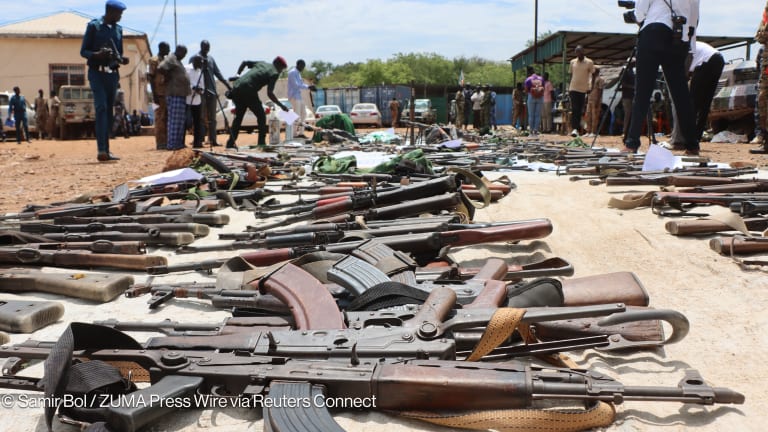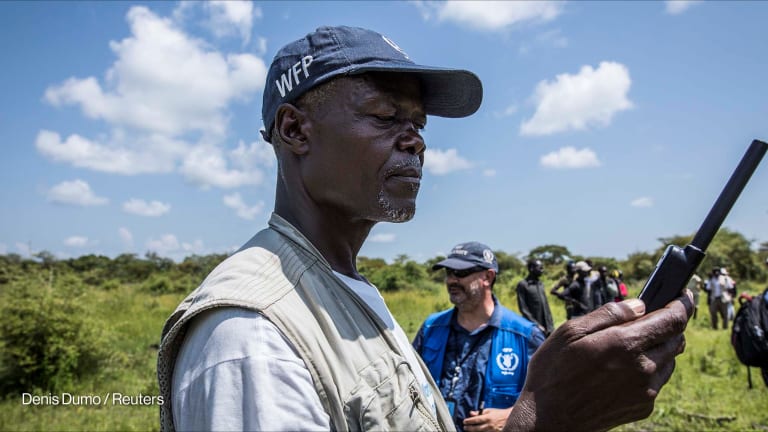In two weeks representatives from relief organizations, United Nations agencies, donor governments, and civil society will assemble in Istanbul to advance a humanitarian reform agenda. The first-ever World Humanitarian Summit will highlight the gap between the humanitarian sector that exists and the challenges it is supposed to address: 60 million people displaced from their homes and communities, ongoing violence and attacks against supposed safe zones, and $20 billion in annual humanitarian need.
But according to some prominent voices, moving the humanitarian agenda forward in a meaningful way will be difficult unless the international community can answer a simple question: who is in charge?
Speaking at Georgetown University last month, David Miliband, president and CEO of the International Rescue Committee, put it bluntly. “It is vital to acknowledge the widespread skepticism about whether there is sufficient unity of leadership in this diverse sector to deliver change,” he said.
Search for articles
Most Read
- 1
- 2
- 3
- 4
- 5








